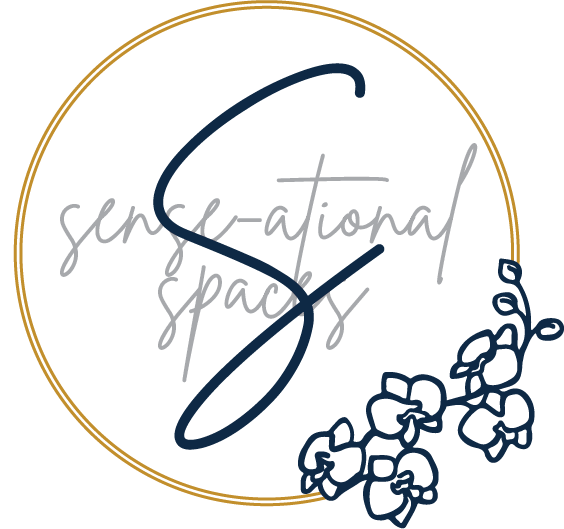
Evidence-Based Blogs
Written by occupational therapists.
DIY Sensory Craft Sticks
Sensory play is defined as any form of play that stimulates our senses. Engaging in sensory play and exploration is important for children’s development and learning as it helps them interact with and learn about the environment around them, along with developing their eight sensory systems. Additionally, sensory play is fun! Check out some examples of DIY sensory craft sticks, along with other ideas for materials that could be used to enhance sensory experiences!
Cooking with Kids
According to the American Occupational Therapy Association (2020), meal preparation and management is an instrumental daily living activity. This IADL is defined as “planning, preparing, and serving meals and cleaning up food and tools…after meals” (American Occupational Therapy Association, 2020, p. 31). Cooking with children is a great way to develop life skills, meet developmental milestones, and enhance academic skills (Emerge Pediatric Therapy, 2020; Therapy Shoppe, 2024). These skills include mathematical skills, enhanced cognition, and more. This blog discusses the benefits of cooking with children, kid-safe cooking tools, and simple recipes to try today!
Messy Play
Messy play is integral to children’s development. Messy play is any type of play where children get dirty and can explore in a self-directed, open-ended way. Messy play is a form of sensory play, where children explore materials or the environment through their senses. When engaging in messy play, children can explore different textures, manipulate materials, smell new things, and more.
The Benefits of Art
Art is an activity that can be both healing and meditative for children and adults. Creating art allows for creative expression in a safe manner, which can be especially beneficial for children with sensory differences. Children who find school or other activities challenging may excel in the arts, just like famous historical artists. In this blog, we discuss the benefits of art, how to promote participation in the arts, and ideas for art exploration!
The Benefits of Houseplants
In recent years, the indoor plant market has become largely popular. Caring for houseplants benefits individuals of all ages in various ways, including promoting physical movement, enhancing mental and physical well-being, and facilitating sensory exploration. Keep reading to learn more about the benefits and find a beginner-friendly plant to start your houseplant journey today!
Taste-Safe Sensory Play
Sensory play involves activities that engage the senses, including sound, sight, touch, taste, smell, vestibular, proprioception, and interoception. Children frequently put stuff in their mouths while playing, especially toddlers or those seeking oral-motor sensory input. Check out these DIY taste-safe options to increase your child’s safety during sensory play!
Let’s Talk Transitions
Transitions involve a phase when an individual must stop doing one thing and start doing something else, which may be planned or abruptly change a person’s daily routine. While many children have difficulties transitioning, it is commonly more challenging for children with varying sensory processing issues. Learn more about why transitions are challenging and tips to make them easier.
How To Create a Nature Sensory Bin
A sensory bin is an interactive, hands-on activity that promotes sensory play. Sensory play is important for children’s development, as it engages the senses and helps build neural connections in the brain. Learn more about the benefits of sensory bins and how to create your own!
What is Universal Design?
Universal design is a design process that seeks to design products and environments that are usable by everyone. There are many products and environmental elements that were originally created to increase accessibility for individuals with disabilities that have been adopted for use by the majority, such as sidewalk curb cuts and automatic doors. SENSE-ational Spaces strives to integrate UD principles into our designs!
What is Auditory Processing Disorder?
Auditory processing disorder (APD), also known as central auditory processing disorder (CAPD), is a form of hearing loss that impacts how the brain processes auditory input (Bellis, 2024; Mayo Clinic, 2023). For those with APD, the brain often has difficulties interpreting the signals from the auditory nerve, which leads to a misinterpretation of signals (Cleveland Clinic, 2023).
Sensory Gardening
Spring is here! Spring is a wonderful time to start a sensory garden. Sensory gardens are designed to stimulate our sensory systems and provide safe opportunities for exploring new sensory experiences through interaction with the environment. Sensory gardens can benefit individuals of all ages, especially those with sensory processing disorder (SPD).



















